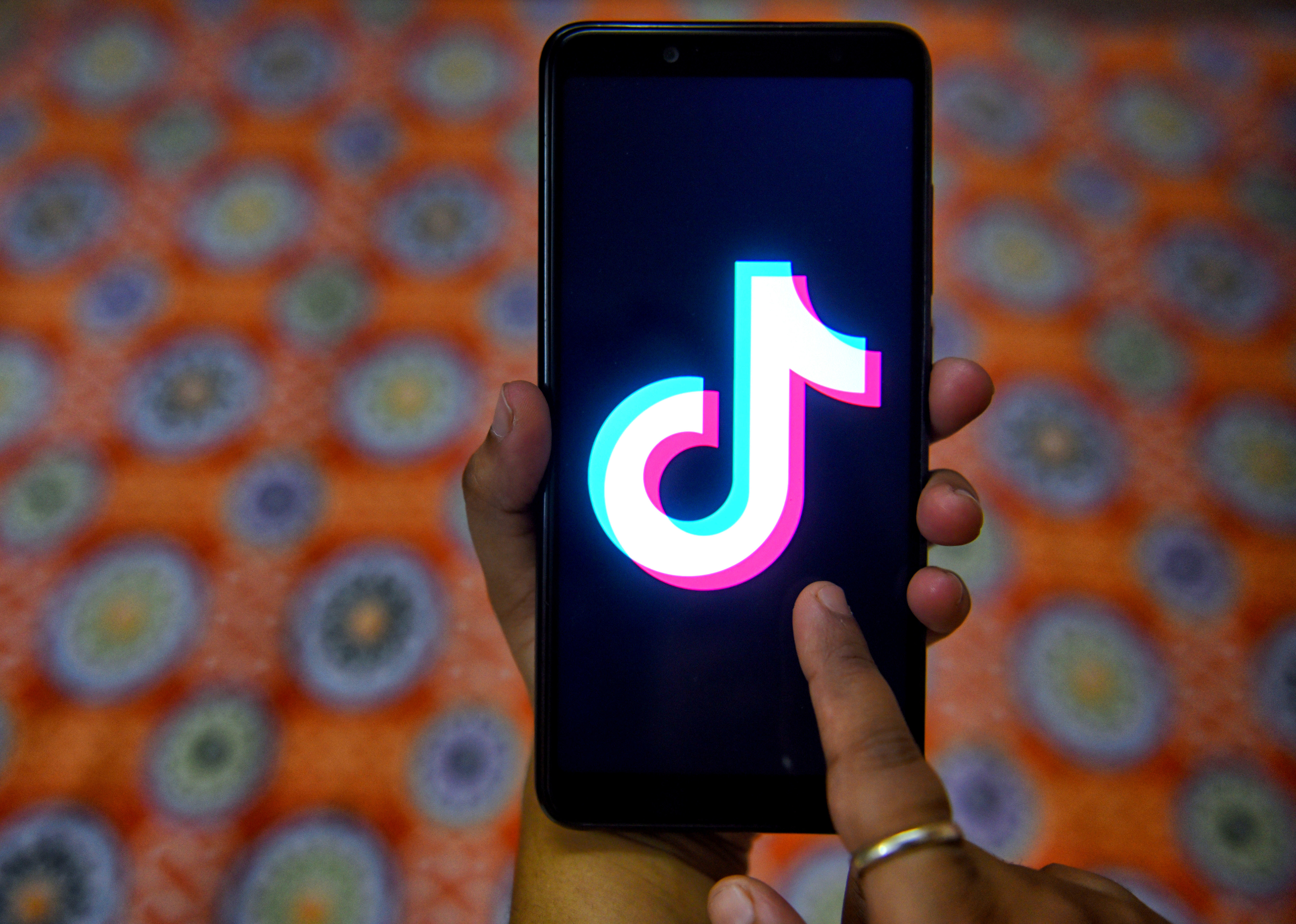VidCon, the annual summit in Anaheim, CA for social media stars and their fans to meet each other drew over 75,000 attendees over last week and this past weekend. A small subset of those where entertainment and tech executives convening to share best practices and strike deals.
Of the wide range of topics discussed in the industry-only sessions and casual conversation, five trends stuck out to me as takeaways for Extra Crunch members: the prominence of TikTok, the strong presence of Chinese tech companies in general, the contemplation of deep fakes, curiosity around virtual influencers, and the widespread interest in developing consumer product startups around top content creators.
Newer platforms take center stage

TikTok, the Chinese social video app (owned by Bytedance) that exploded onto the US market this past year, was the biggest conversation topic. Executives and talent managers were curious to see where it will go over the next year more than they were convinced that it is changing the industry in any fundamental way.
TikTok influencers were a major presence on the stages and taking selfies with fans on the conference floor. I overheard tweens saying “there are so many TikTokers here” throughout the conference. Meanwhile, TikTok’s US GM Vanessa Pappas held a session where she argued the app’s focus on building community among people who don’t already know each other (rather than being centered on your existing friendships) is a fundamental differentiator.
Kathleen Grace, CEO of production company New Form, noted that Tik Tok’s emphasis on visuals and music instead of spoken or written word makes it distinctly democratic in convening users across countries on equal footing.
Esports was also a big presence across the conference floor with teens lined up to compete at numerous simultaneous competitions. Twitch’s Mike Aragon and Jana Werner outlined Twitch’s expansion in content verticals adjacent to gaming like anime, sports, news, and “creative content’ as the first chapter in expanding the format of interactive live-streams across all verticals. They also emphasized the diversity of revenue streams Twitch enables creators to leverage: ads, tipping, monthly patronage, Twitch Prime, and Bounty Board (which connects brands and live streamers).
Meanwhile, multiple talent managers expressed frustration to me over the plateaued growth they’ve witnessed on Instagram during the last couple years. An oversupply of influencers (in particular those with a few hundred thousand or one million followers) has made it harder than ever to stand out and has compressed revenue from brand deals to a fraction of what they were.
China’s social giants

Chinese social media executives were a much bigger presence at this year’s event according to veteran attendees. Beyond Bytedance, Tencent and Baidu executives held public talks and Tencent organized an “East-West Forum” event nearby to promote its apps to Western creators. Miranda Qu, CEO of the $3B social commerce app Xiaohongshu (“Little Red Book”), was here with influencers from her platform as well.
I spotted Hans Tung, managing partner at GGV (and #7 on the Forbes Midas List of VCs). He said TikTok went mainstream in the US due to the savvy of the founders of Musical.ly (which merged with TikTok) in understanding both Chinese and US culture and crafting a product to fit the specific overlap. He doesn’t expect another Chinese social app to repeat this success anytime soon though, given the rarity that founders bridge cultures so well, the limited number of social product features that can work cross-culturally, and the growing US-China political tensions.
To cap it off, VidCon CEO Jim Louderback announced the first VidCon Asia Summit, which will premiere in Singapore in December in collaboration with event organizer Branded.
Preparing for deepfakes
Sam Gregory, the program director at human rights non-profit WITNESS, gave an opening talk on Thursday outlining the challenges that synthetic media like “deep fake” videos and audio recordings present to society and the conversations we need to be having to address it.
Rather than worry about fake videos of Donald Trump or Oprah Winfrey, Gregory said the real concern should be over impersonation of smaller-scale public figures and everyday people who won’t have an army of supporters to defend them or major media outlets to verify accuracy. The greatest threat isn’t even the use of deep fakes, he explained, but that mainstream awareness of their existence creates “a firehose of falsehood.” That is, disbelief in all content online and the ability for public figures to dismiss any evidence of real scandals as falsified.
Gregory emphasized that technologists who invest in developing creation tools also have a duty to invest in the development of detection tools as well. When I asked about government regulation, he said we’re too early in the development and application of this technology to create informed laws around it.
Virtual influencers
One of the use cases for synthetic media is the creation of “virtual influencers” — computer-generated characters whose social media accounts engage real people online and gain a large following. This remains a novelty rather than a mainstream trend, but it is on the mind of a number of people I spoke to.

Charlie Buffin co-manages (human) social media stars but is also developing virtual influencers like Cade Harper and Pippa Pei that post content with each other and with real human influencers. He explained to me that the opportunity is to own the original IP of these characters and craft storylines between them, plus for real-life influencers to create virtual representations of themselves that can engage fans in more ways.
In a similar strategy without the use of synthetic media, former VC investor and CAA executive Dylan Finn is building a portfolio of animated virtual influencers like Astro and Ralph through his startup Shadows. He argues that ‘developing animated characters and franchises using interactive platforms will lead to billion-dollar IPs.”
I asked several talent managers if their (human) clients view such virtual influencers as a threat. The consistent answer was “no”, partly because influencers aren’t paying much attention to the idea of virtual counterparts yet. But they’re watching with curiosity about how many virtual influencers will gain traction and how well they will monetize their social following.
Influencer-driven startups
Speaking of monetization, developing new consumer product brands appears to be top of mind for a large portion of successful creators and their managers. It seems that publicity of Kylie Jenner’s Kylie Cosmetics brand making her a billionaire has, in particular, caused a lot of them to say “I should do that.”
GGV’s Hans Tung said he hasn’t seen creator-led consumer brands in the US or China as a good fit for VC investment, even though he recognizes the opportunity for creators to make a lot of money through them.

One duo helping creators do that is Matthew Patrick and Stephanie Patrick of Theorist Media, who held a talk on investing in creator-led startups. To explain the advantages certain types of creators have in building consumer brands that their fans will become customers of, they plotted different content categories on a graph emphasizing that creators whose content focuses on education, health/beauty/fitness, and cooking tend to have the most entrepreneurial success.
In a similar vein, Kevin Gould, an angel investor in startups like Clutter, DraftKings, Rinse, Stem, and Cargomatic, was here at Vidcon promoting Wakeheart, a new consumer brand from his startup studio Kombo Ventures that aims to sell scent products (fragrances, candles, infusers, etc.) to “Gen Z” by partnering with popular creators like the Dolan Twins on specific product lines. He cautioned though, that he believes there are no more than 50 influencers who have both the right personal brand and right suitability to found their own startups and reach over $100 million in revenue like Kylie Jenner did.































Comment